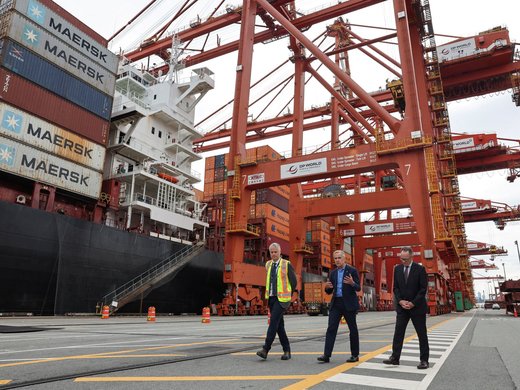Can a trade agreement help achieve environmental goals? The answer to this question has traditionally been mixed, even skeptical. For example, despite the novelty of the North American Agreement on Environmental Cooperation side agreement approach, many were disappointed with the shallow and rather vague outcome. The World Trade Organization’s Doha Round negotiations were ostensibly committed to certain issues at the intersection of trade and environment, but multilateral talks have long been stalled. Despite these underwhelming results in other trade negotiations, the Environmental Goods Agreement (EGA) has the potential to produce a more positive outcome. This paper explores this potential, reviewing key aspects of the trade-environment relationship. Prevailing perceptions tend not to count trade agreements as key contributors to the achievement of environmental goals. The paper then looks at the potential contribution of tariff reduction to environmental objectives, and then examines critical challenges to the completion of EGA negotiations. It concludes that the EGA is an important piece of a complex environmental governance puzzle.


